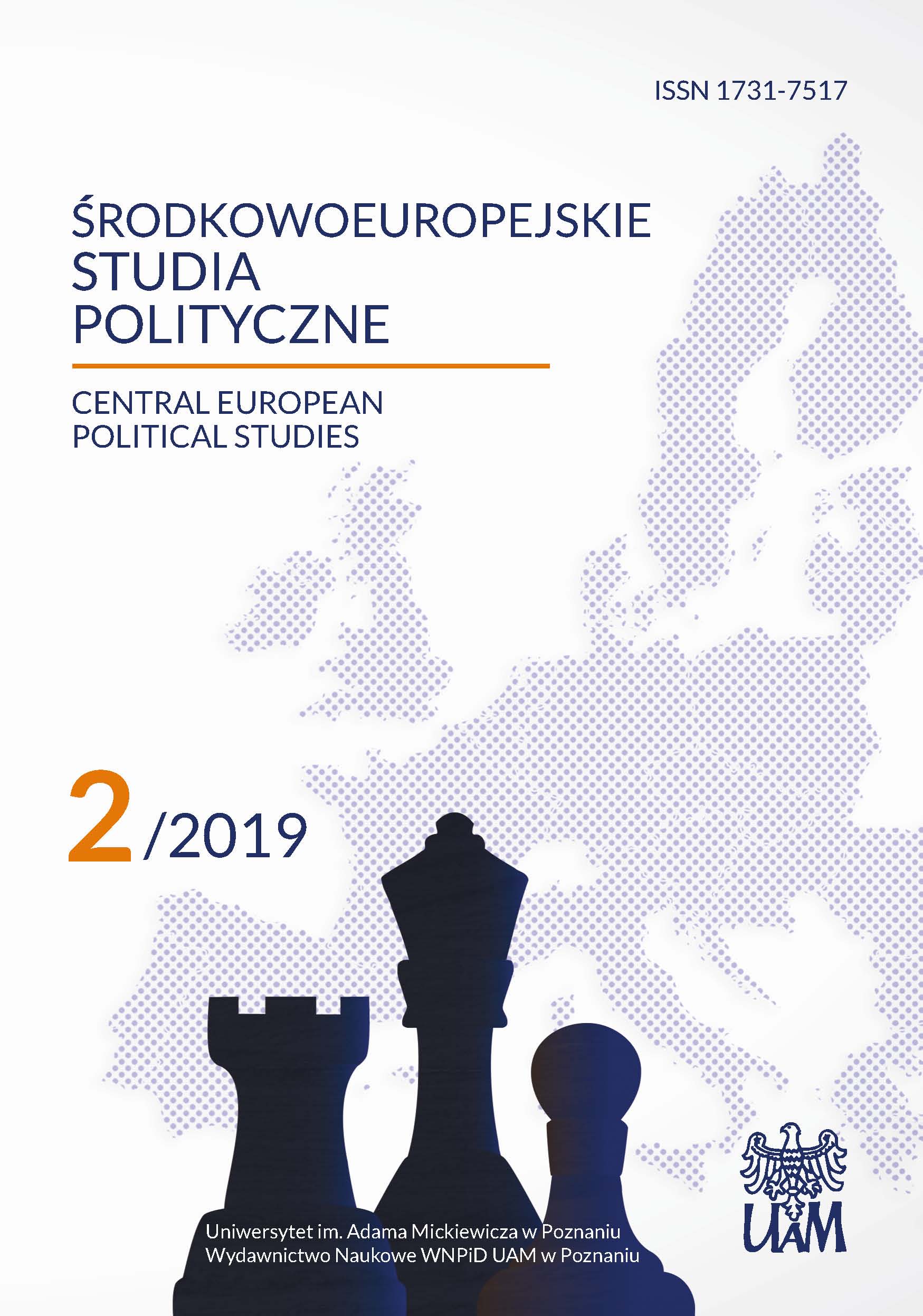Farmland and people as essential resources
of Poland in the concepts of Polish agrarians
(1931–1946)
Farmland and people as essential resources
of Poland in the concepts of Polish agrarians
(1931–1946)
Author(s): Tadeusz JanickiSubject(s): Politics, Agriculture
Published by: Uniwersytet im. Adama Mickiewicza w Poznaniu
Keywords: agrarianism; a third way; soil; work; transfer of knowledge; agraryzm; trzecia droga; ziemia; praca; transfer wiedzy
Summary/Abstract: Agrarianism was founded in Germany in the second half of the nineteenthcentury, but it exercised the greatest influence in the predominantly agricultural countriesof Central and Eastern Europe. Central European agrarianism was the ideologyof peasants and it proclaimed that land was the greatest wealth of the nation, agriculturewas the most important branch of economy, and peasants were the morallyhealthiest and thus the most valuable part of the society. Agrarianism was a personalistideology, which proclaimed a conception of man as a subject of social and economiclife. It criticized both extreme liberalism and totalitarian political ideology and advocatedthe concept of a ‘third way of development’ – between capitalism and communism.The main purpose of this paper is to analyze the formation and developmentof Polish agrarianism, and the related process of transfer and reception of knowledge.The analysis focuses on the concept of land, man and labor, formulated by the representativesof the mainstream of agrarianism. In the 1930s, the Polish agrarians voiceddemands for land reform and the development of smallholder agriculture which, intheir opinion, made an optimal use of the land, capital and labor, that is, the mostimportant resources available to interwar Poland.
Journal: Środkowoeuropejskie Studia Polityczne
- Issue Year: 2019
- Issue No: 2
- Page Range: 29-46
- Page Count: 18
- Language: English

